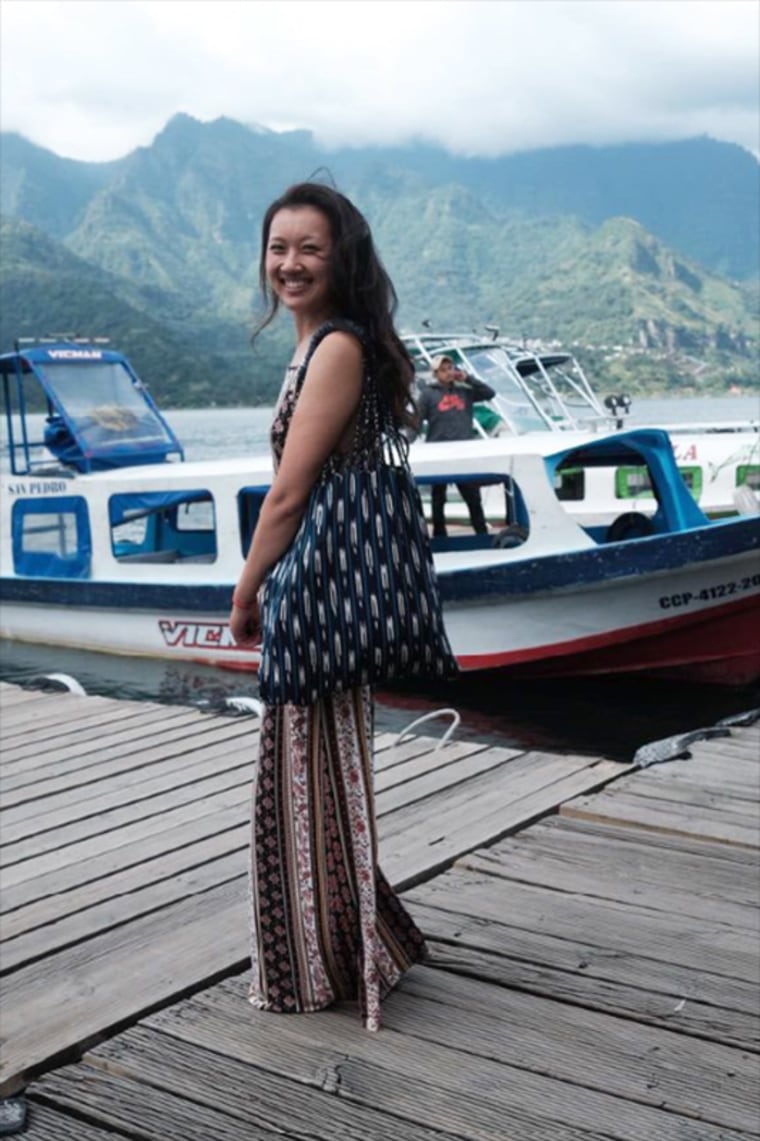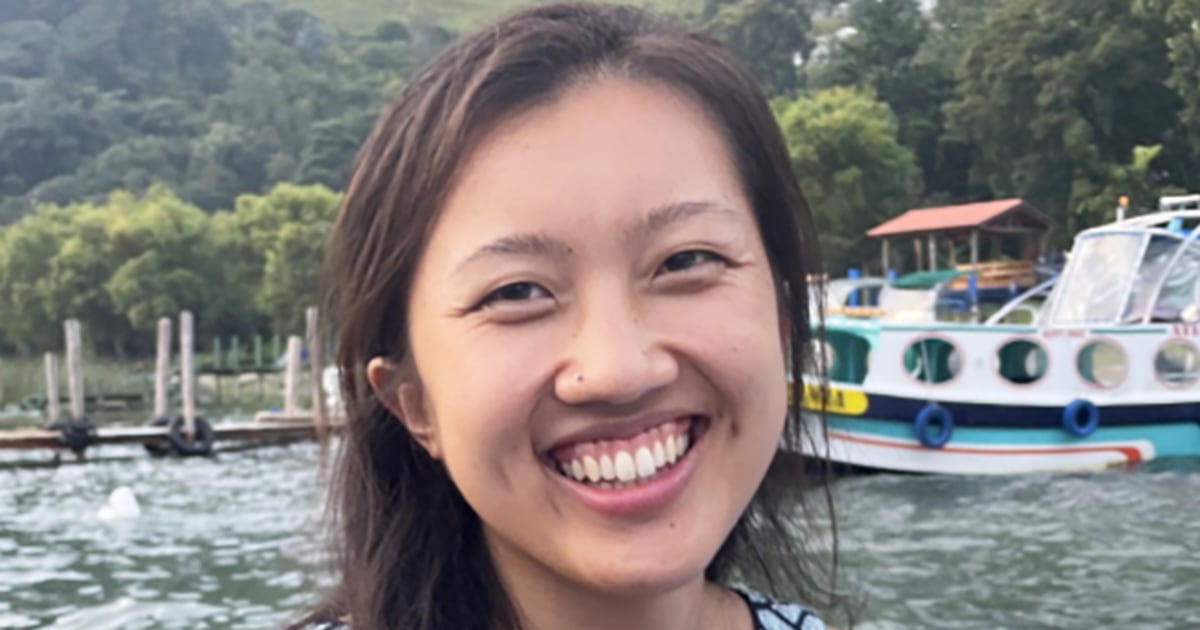Two people have come forward in the case surrounding the disappearance of Nancy Ng, a woman who went missing in October while kayaking in Guatemala’s Lake Atítlan, accusing the kayak company of failing to protect its clients.
L.A. yoga instructor Eduardo Rimada, who organized the trip, told NBC News that Kayak Guatemala, the company that rented out kayaks and paddleboards to the retreat group, did not offer anyone a life vest and that “no precautions were given.”
Another participant, one of the 10 people on the same yoga retreat as Ng who requested anonymity for fear of potential online harassment, also alleged that the company did not provide them with life vests or take any other safety precautions. The company’s owners told media outlets last month that the group had rejected any life jackets.
“The trip took this tragic turn, but I feel like it could have been avoided,” the retreat participant said.
Their accounts back up a similar claim from a lawyer for Christina Blazek, the last person to see Ng.
Kayak Guatemala did not return NBC News’ request for comment. But Elaine Beal, who owns the company with her husband Lee, told Inside Edition that they “give people the opportunity to take a life jacket and, for this group, they all said no to taking life jackets.”
Ng, 29, went missing on Oct. 19, several days into the “Be the Change” yoga retreat. According to the retreat participant, who said they grew close to Ng on the trip, there were no life jackets “at all in sight.”

“If I saw one, I would have walked over and grabbed it myself,” she said.
The retreat participant said that without safety equipment, they were hesitant to get in the water and subsequently voiced the concern while in the shop.
“I said out loud, ‘Damn, we’re about to get on these without a life jacket?’ And the kayak people didn’t seem alarmed or anything,” they said. “I don’t know if they heard me. I don’t know if they understood what I was saying [because of the language barrier], I would assume they would know what that means.”
The retreat participant also said that the employees failed to give any instruction on how to maneuver their watercrafts. And there was no warning of winds or currents, or any guidelines on how far they could safely venture out into the lake. Instead, they said, the group was ushered into the water hastily. Additionally, no paperwork was given to explain the risks, and no emergency contact information was taken down, they said.
“When I got on my paddleboard, I felt rushed, like they were trying to get the other board down, but I was in the way,” the retreat participant said. “I don’t remember what they were saying because it wasn’t in English, but it was almost as though they were like, ‘Go, go. Just go.’”
The retreat participant said that at first the conditions on the lake were calm, but they felt uncomfortable when reaching a certain point in the water when the hue looked black.
“I didn’t paddle too far myself,” they said. “The water was so deep and then boats would pass and it would kind of rock you a little.” She said the weather then changed and the current started to pick up.
When they looked out into the water to glance at Ng, she appeared confident in her kayak.
“The last time I vividly remember seeing Nancy was probably one hour into us being on the water,” the retreat participant said. “I remember sitting up and I looked out and I saw Nancy was further [out on the lake] and she was admiring the view.”











